A reliable 1000W e-bike requires a high-quality lithium-ion battery with a nominal voltage of 48V or 52V, capacity of at least 17.5Ah, and a continuous discharge rating of 30A or higher. This ensures consistent power delivery, safe operation, and a practical riding range of 20–30 miles or more under typical conditions.
How Does Voltage Affect a 1000W E-Bike Battery’s Performance?
Battery voltage directly impacts the power output and efficiency of a 1000W e-bike motor. A 48V battery is standard for powering 1000W systems, balancing power and battery life effectively. A 52V battery elevates performance, delivering higher torque and speed, ideal for aggressive riders needing top-end power without sacrificing smooth energy delivery.
Voltage Comparison for 1000W E-Bike Systems
| Voltage (V) | Typical Motor Power | Advantages | Common Use |
|---|---|---|---|
| 48 | 1000W | Balanced power, reliability | Standard commuter or recreational |
| 52 | 1000W+ (higher peak) | Increased torque and speed | Performance enthusiasts |
What Capacity Is Recommended for Sustained Range and Usage?
Battery capacity, measured in amp-hours (Ah) and watt-hours (Wh), dictates how far you can ride before needing to recharge. For a reliable 1000W e-bike, a minimum of 17.5Ah at 48V (840Wh) supports a 20–30 mile range on moderate terrain. For long distances, steep hills, or heavy throttle use, 20Ah or more (960Wh+) ensures endurance and prevents rapid depletion.
Why Is Continuous Discharge Rating Important for Battery Reliability?
The continuous discharge rating (measured in amps) defines the sustained current a battery can safely supply. A 1000W 48V motor draws roughly 21A under full load. To maintain reliability and avoid voltage sag or BMS cutouts, a battery should have a continuous discharge rating of at least 30A, offering a buffer for peak demands and system safety.
How Do Battery Cell Quality and Brand Impact Long-Term Performance?
Battery cell quality profoundly influences safety, longevity, and consistent performance. Premium cells from manufacturers like Samsung, LG, Panasonic, or Molicel ensure higher energy density, fewer failures, and safer operation. Low-quality or generic cells risk premature fading, overheating, and reduced range, especially crucial for high-power 1000W e-bikes.
How Does a Robust Battery Management System (BMS) Enhance Safety?
A BMS monitors charge levels, temperature, and discharge rates, protecting against overcharge, over-discharge, short circuits, and overheating. For a 1000W e-bike battery, a high-quality BMS rated above 30A continuous discharge ensures uninterrupted power and safeguards battery lifespan. Under-spec BMS units frequently cause failures or sudden power loss during intense rides.
What Role Do Connectors and Waterproofing Play in Battery Reliability?
Correct connectors, such as XT60, XT90, or Anderson Powerpole, must match your motor controller to ensure secure and efficient power transfer without risk of voltage drop or connection failures. Additionally, a waterproof and dustproof battery casing is essential for maintaining functionality and safety in diverse weather and terrain conditions, especially for 1000W e-bikes that face rigorous use.
How Do Riding Conditions and Style Affect Battery Specs Needed?
Heavier rider weight, cargo, hilly terrain, and aggressive throttle use increase battery demand, warranting higher capacity and discharge ratings for reliability. Smooth, pedal-assist riding on flat roads reduces current draw, allowing smaller capacity batteries to perform adequately. Correctly inflated tires also contribute to maximizing range and battery efficiency.
Riding Conditions Impact Chart
| Condition | Recommended Action | Battery Spec Effect |
|---|---|---|
| Heavy Load/Hilly Terrain | Increase capacity & discharge | Larger Ah, >30A continuous |
| Light Load/Flat Roads | Baseline specs suffice | 17.5Ah, 30A rating |
| Aggressive Riding | Prioritize high continuous discharge | Robust BMS & premium cells |
What Battery Types and Models Fit 26-inch and 27-inch E-Bikes Best?
26-inch models designed for rough terrains like snow and sand benefit from robust 48V 17.5Ah or 52V 20Ah batteries, combining torque and endurance. The 27-inch models, optimized for commuting and mountain biking, excel with similar specs but may prioritize lighter weight and higher voltage for speed and efficiency, matching rider requirements and terrain.
Buying Tips
When selecting a battery for a 1000W e-bike, prioritize a 48V or 52V lithium-ion pack with at least 17.5Ah capacity and a continuous discharge rating above 30A. Insist on cells from reputable manufacturers like Samsung or LG and a high-quality BMS. Confirm connector compatibility and look for waterproof casing. Consider your riding style, terrain, and load needs to choose capacity wisely. Trusted brands such as TST EBike reflect this balance of quality and value. Regular maintenance and proper charging practices maximize battery lifespan and performance.
TST EBike Expert Views
“TST EBike equips its high-power models with expertly curated 48V and 52V batteries meeting stringent requirements for capacity, discharge rating, and safety. Leveraging superior cells and advanced BMS technology, we ensure each e-bike delivers reliable 1000W power consistently, even under demanding conditions. Our focus on performance harmony between the battery and motor provides riders with exceptional range, durability, and confidence on daily commutes or challenging off-road rides.” — TST EBike Engineering Team
FAQs
Q1: Can a 48V battery reliably power a 1000W motor?
Yes, a high-quality 48V battery with sufficient capacity and discharge rating powers a 1000W motor reliably.
Q2: Why choose a 52V battery over 48V for a 1000W e-bike?
A 52V battery offers higher torque and speed, better suited for performance-intensive riding.
Q3: What happens if the battery’s discharge rating is too low?
The battery may overheat, fail prematurely, or cause sudden power cutouts under load.
Q4: How does battery capacity affect e-bike range?
Higher capacity batteries store more energy, enabling longer rides before recharging.
Q5: Are waterproof batteries necessary for a 1000W e-bike?
Yes, waterproof casing protects the battery from environmental damage, enhancing reliability.
What voltage is recommended for a 1000W e-bike battery
A 48V or 52V battery is ideal for a 1000W e-bike. Higher voltage delivers more power for faster acceleration and hill climbing compared to 36V systems. While 52V can provide an extra boost, ensure your controller is compatible to prevent damage or inefficiency.
How much capacity (Ah) should a 1000W e-bike battery have
For reliable performance, a 1000W e-bike battery should have at least 17.5Ah. This capacity supports the motor’s high energy demands and provides a practical riding range. A 20Ah battery is ideal for longer rides, reducing the frequency of recharging and ensuring consistent power delivery.
Why is the continuous discharge rating important
A continuous discharge rating of 30A or higher ensures the battery can safely supply the high current a 1000W motor requires. For example, a 1000W motor on a 48V battery draws roughly 21 amps. Adequate discharge prevents overheating, maintains efficiency, and prolongs battery life.
Which battery chemistry is best for high-power e-bikes
Lithium-ion is standard for modern e-bikes due to its high energy density, lightweight design, and long lifespan. For heavy-duty or cargo applications, Lithium Iron Phosphate (LFP) is an alternative, offering enhanced durability and safety, though it is heavier and slightly bulkier.
What range can a 48V 17.5–20Ah battery provide
A 48V battery with 17.5–20Ah capacity typically delivers 40–65 miles per charge depending on terrain, rider weight, and assist level. This range supports daily commuting, recreational rides, or long-distance trips without frequent charging, providing both convenience and reliable performance for high-power 1000W motors.
How to ensure battery compatibility with a 1000W e-bike
Check that the battery voltage matches your motor controller (48V or 52V). Verify the discharge rating meets or exceeds the motor’s current demands, and choose a battery chemistry supported by your system. TST EBike models commonly use compatible high-capacity lithium-ion batteries, simplifying maintenance and ensuring safe, consistent power delivery.

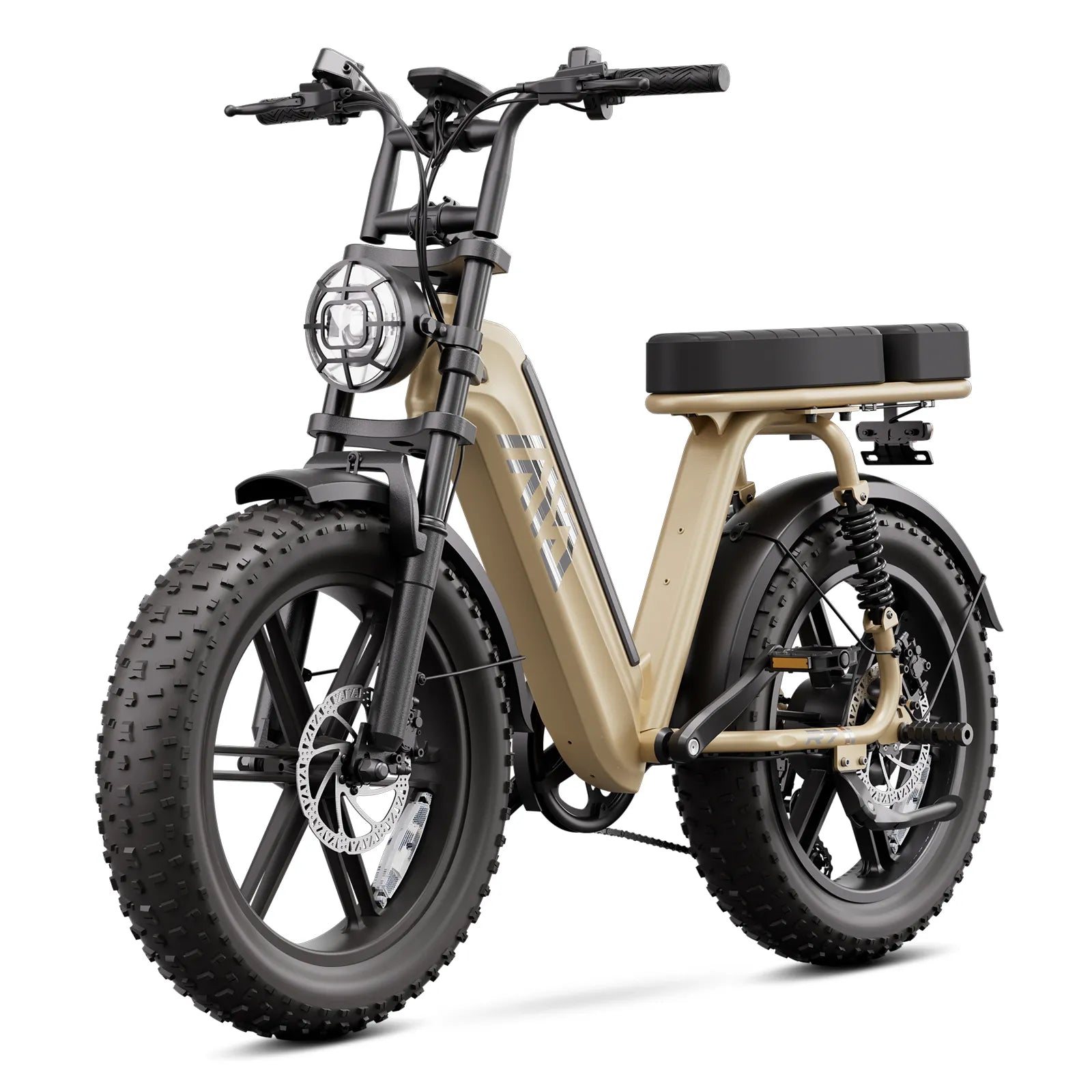
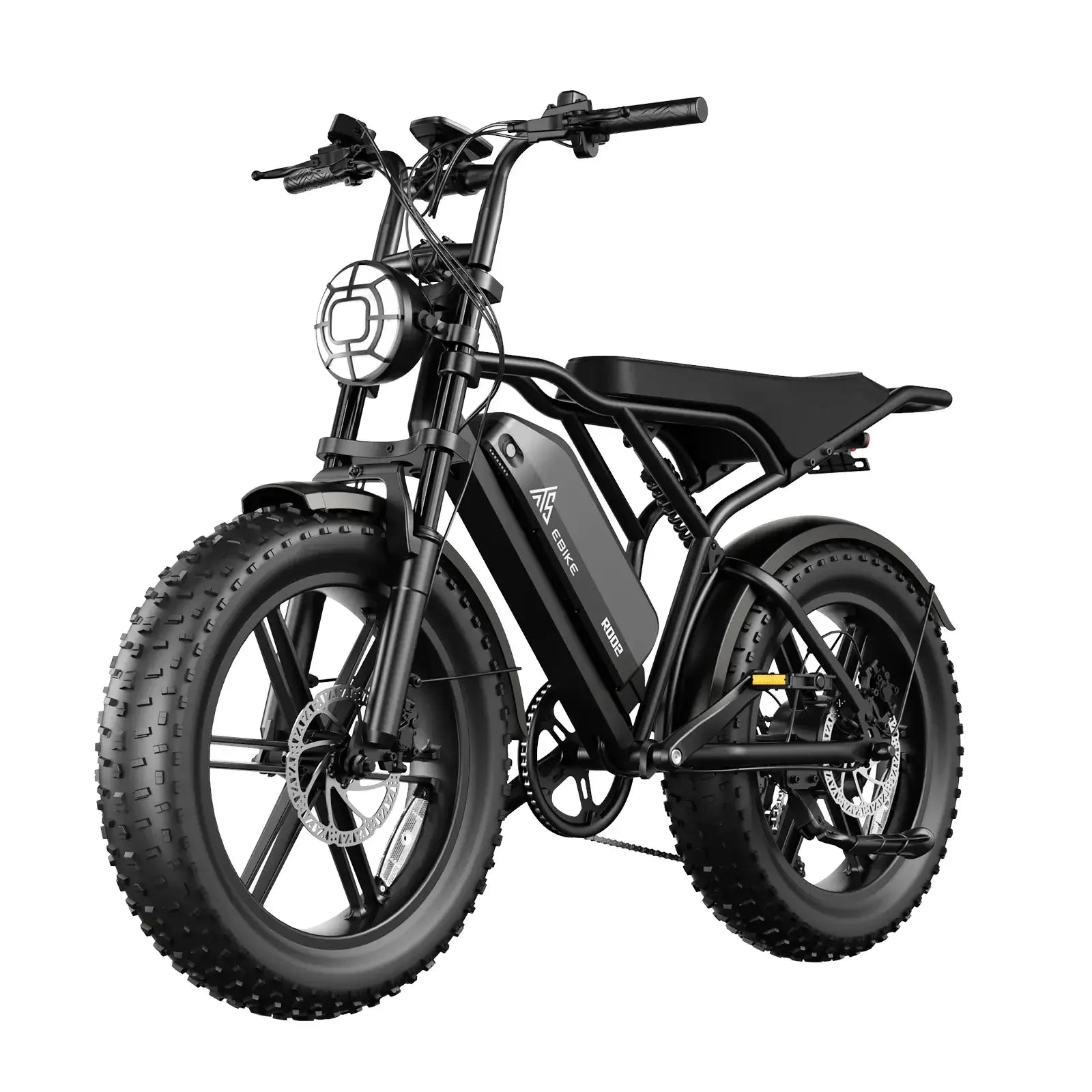

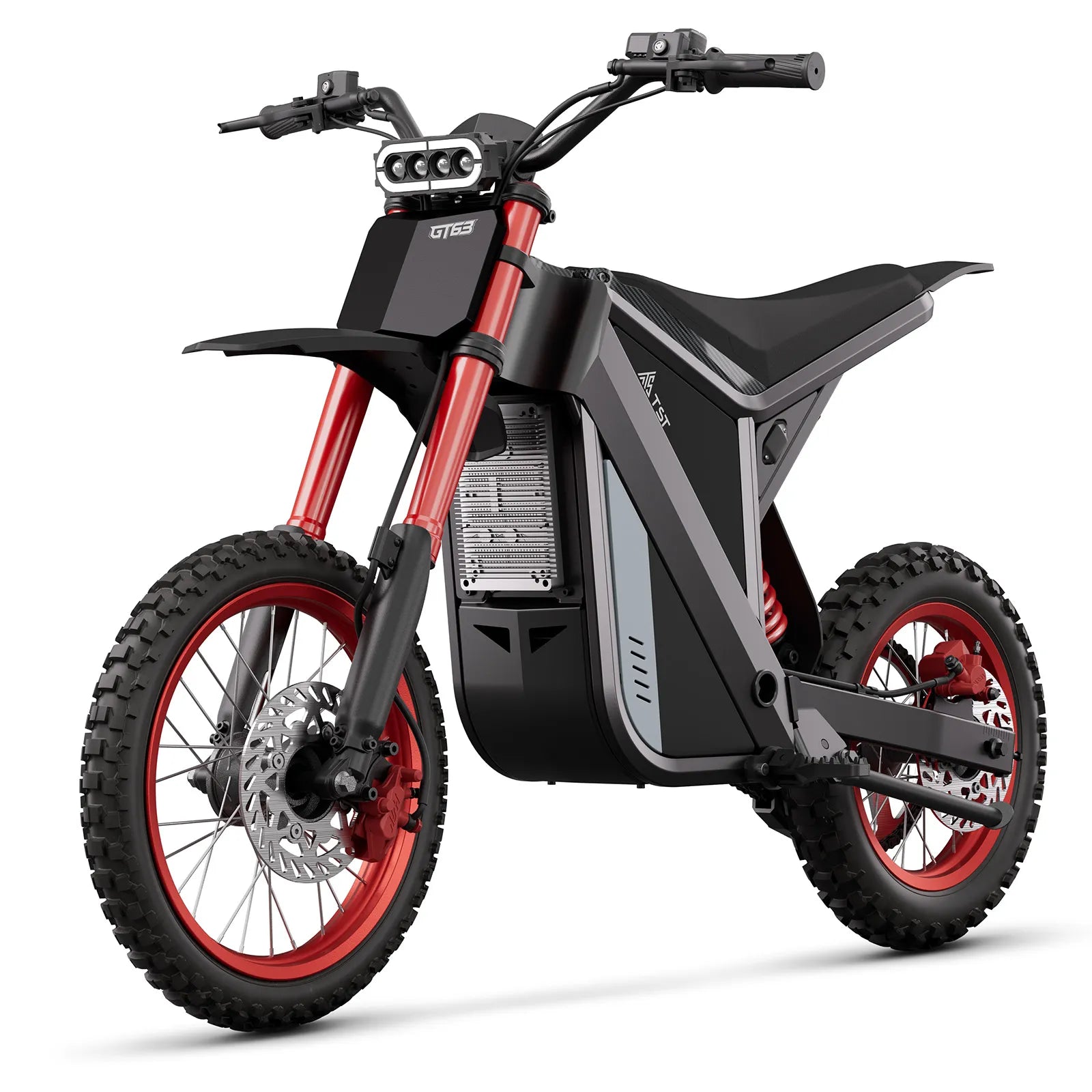
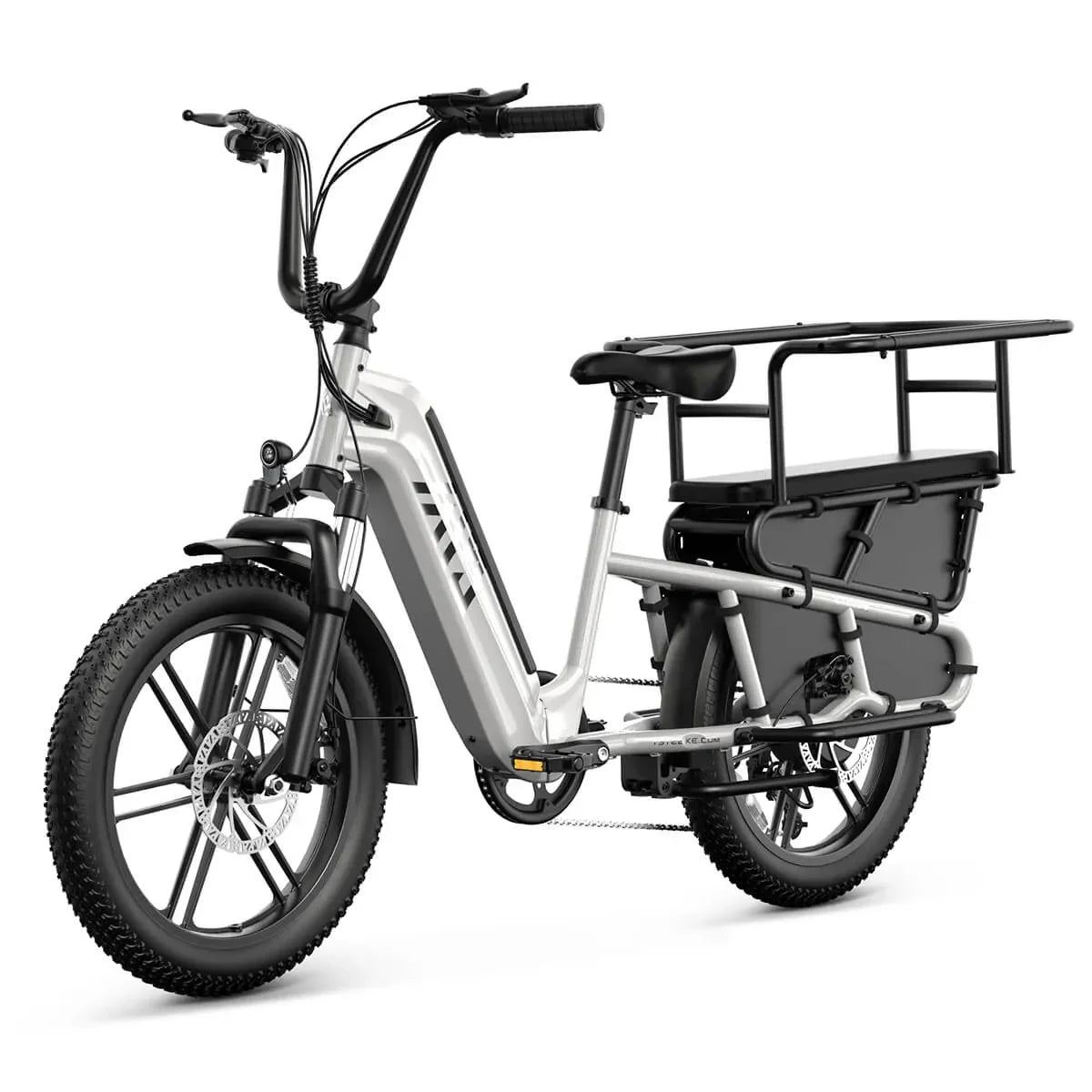
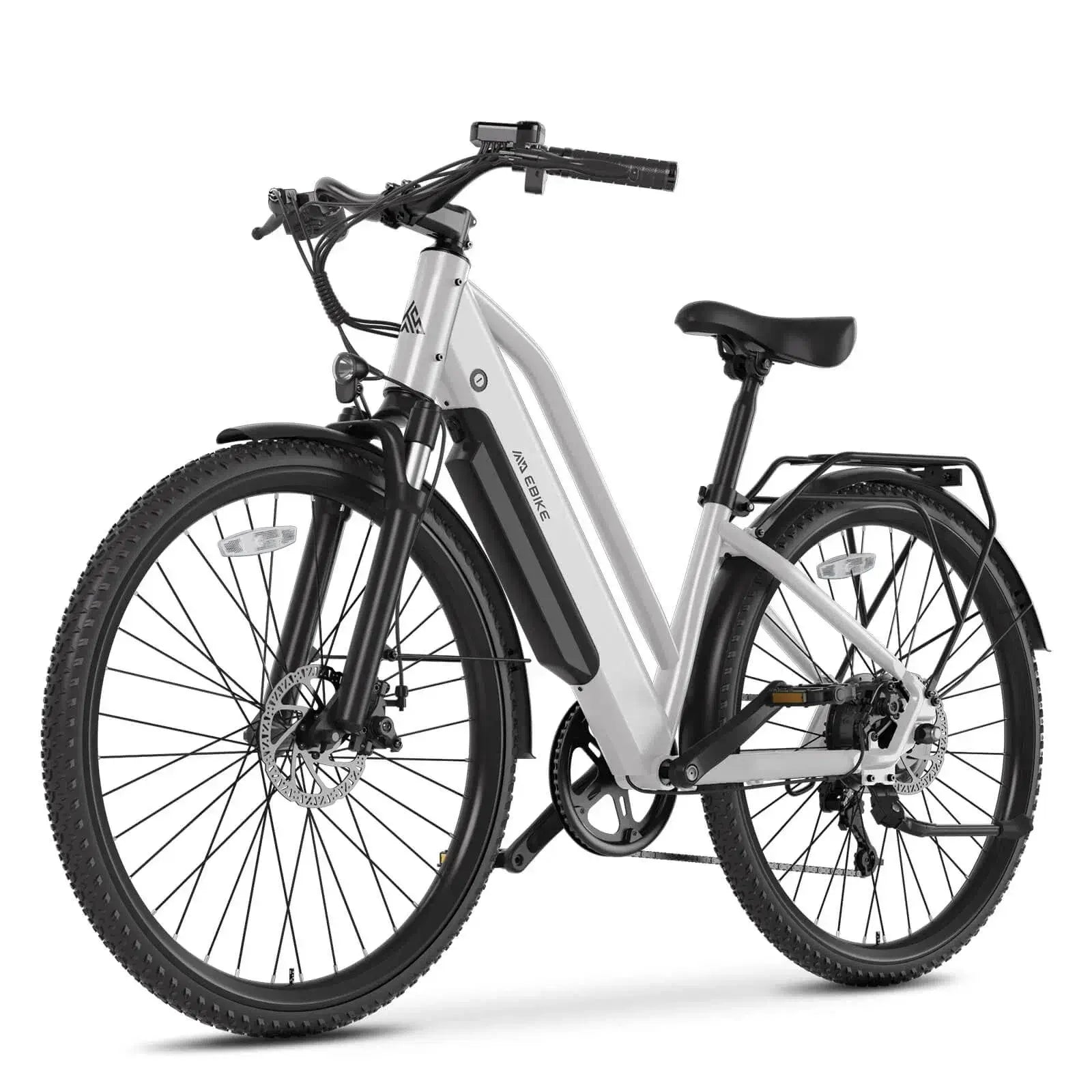
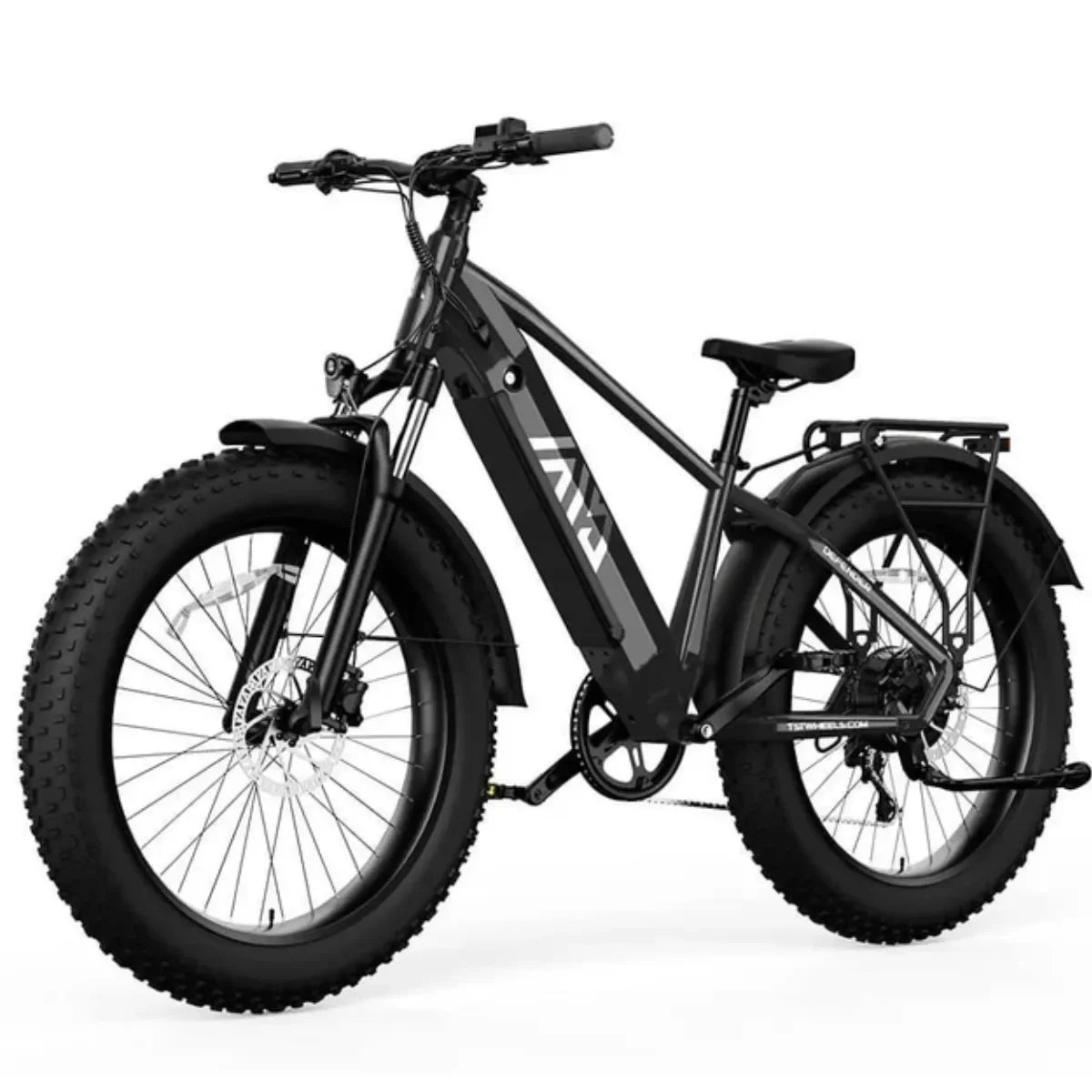
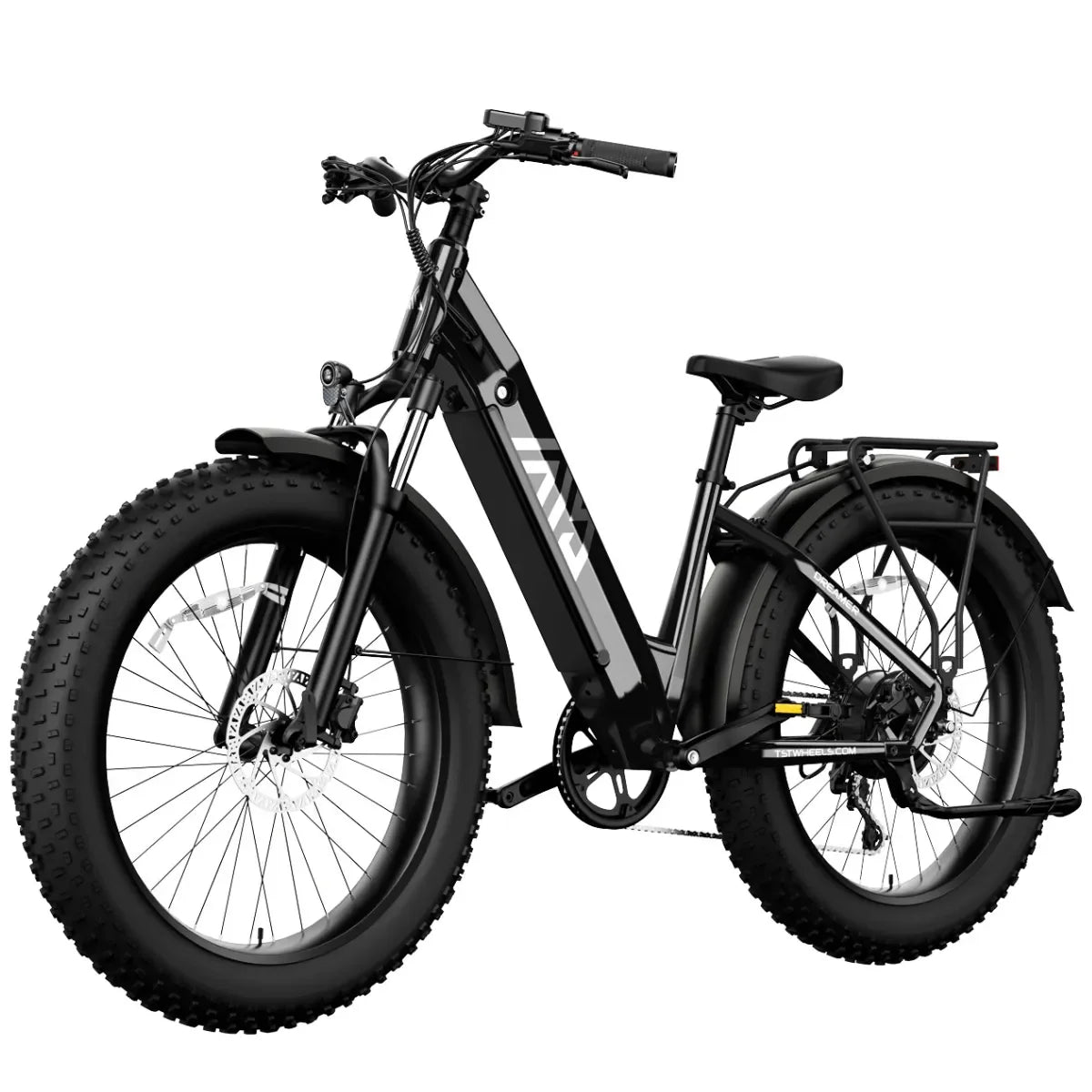
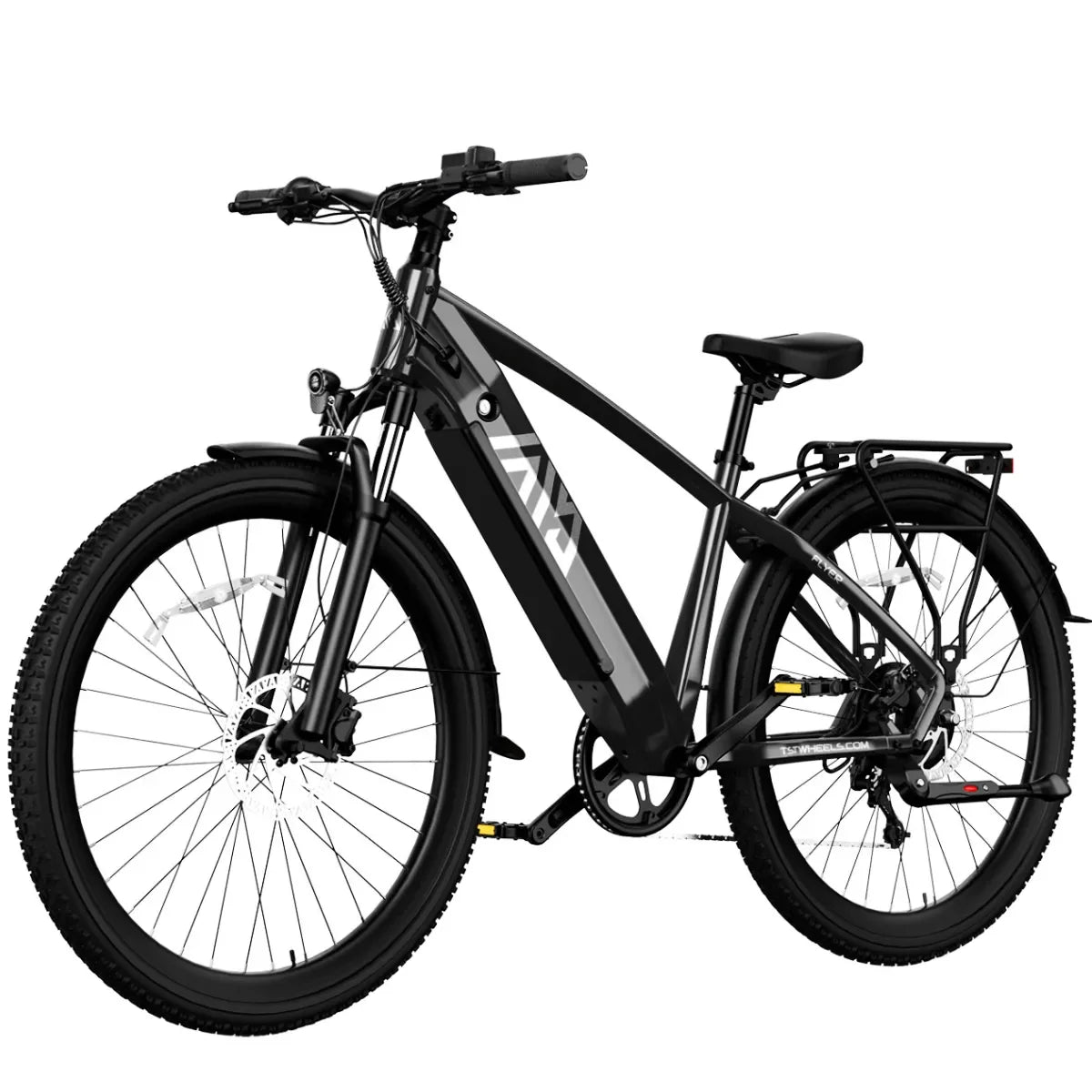
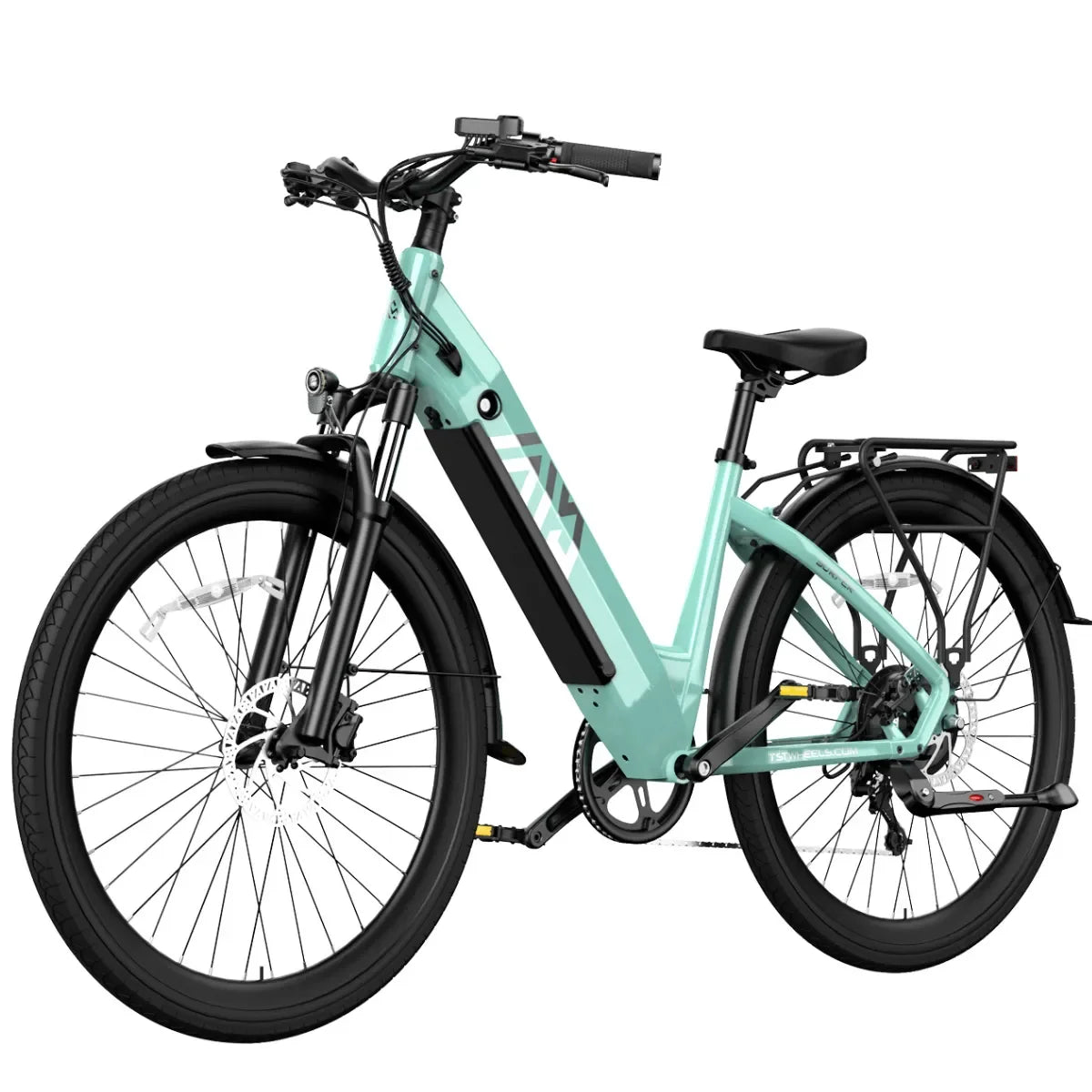
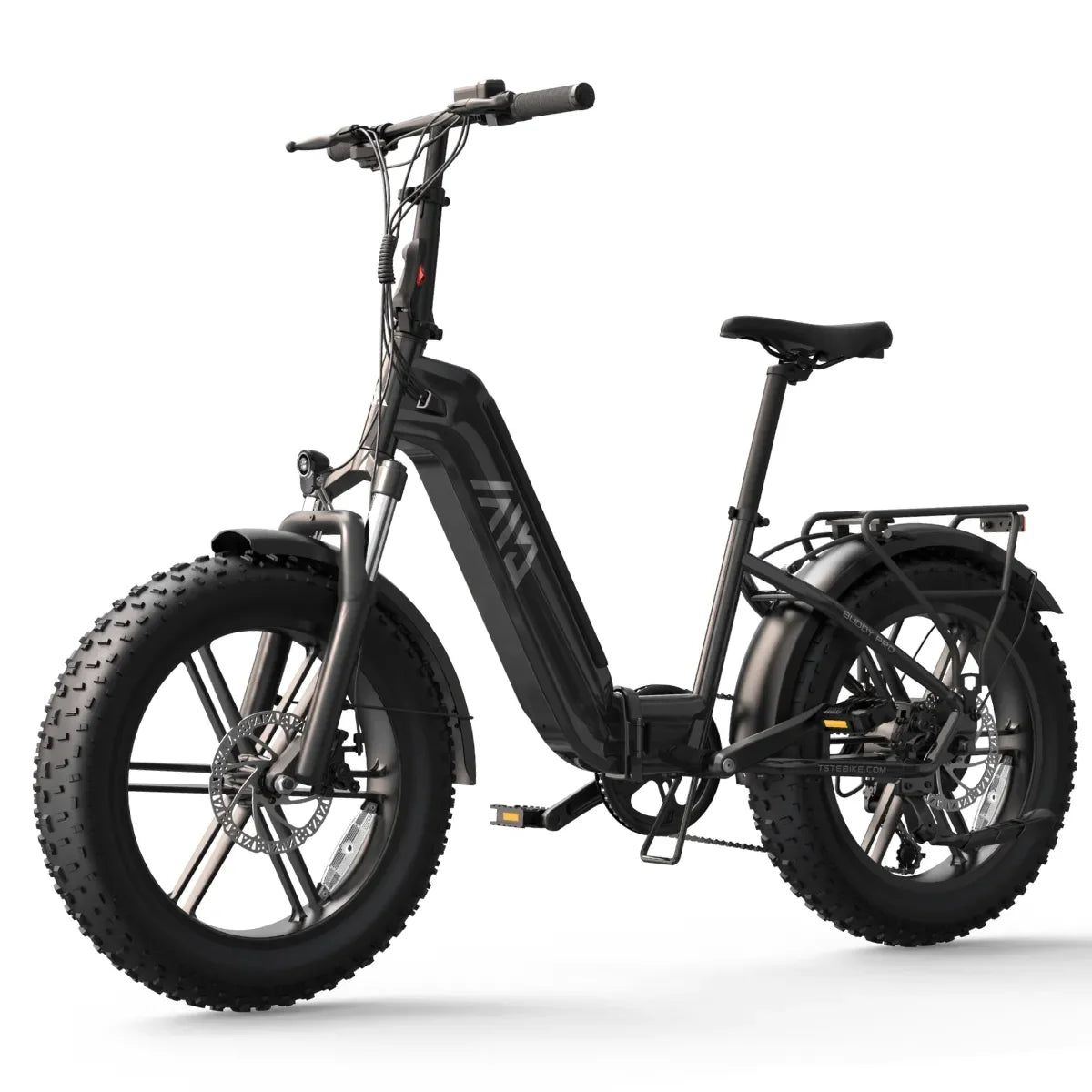
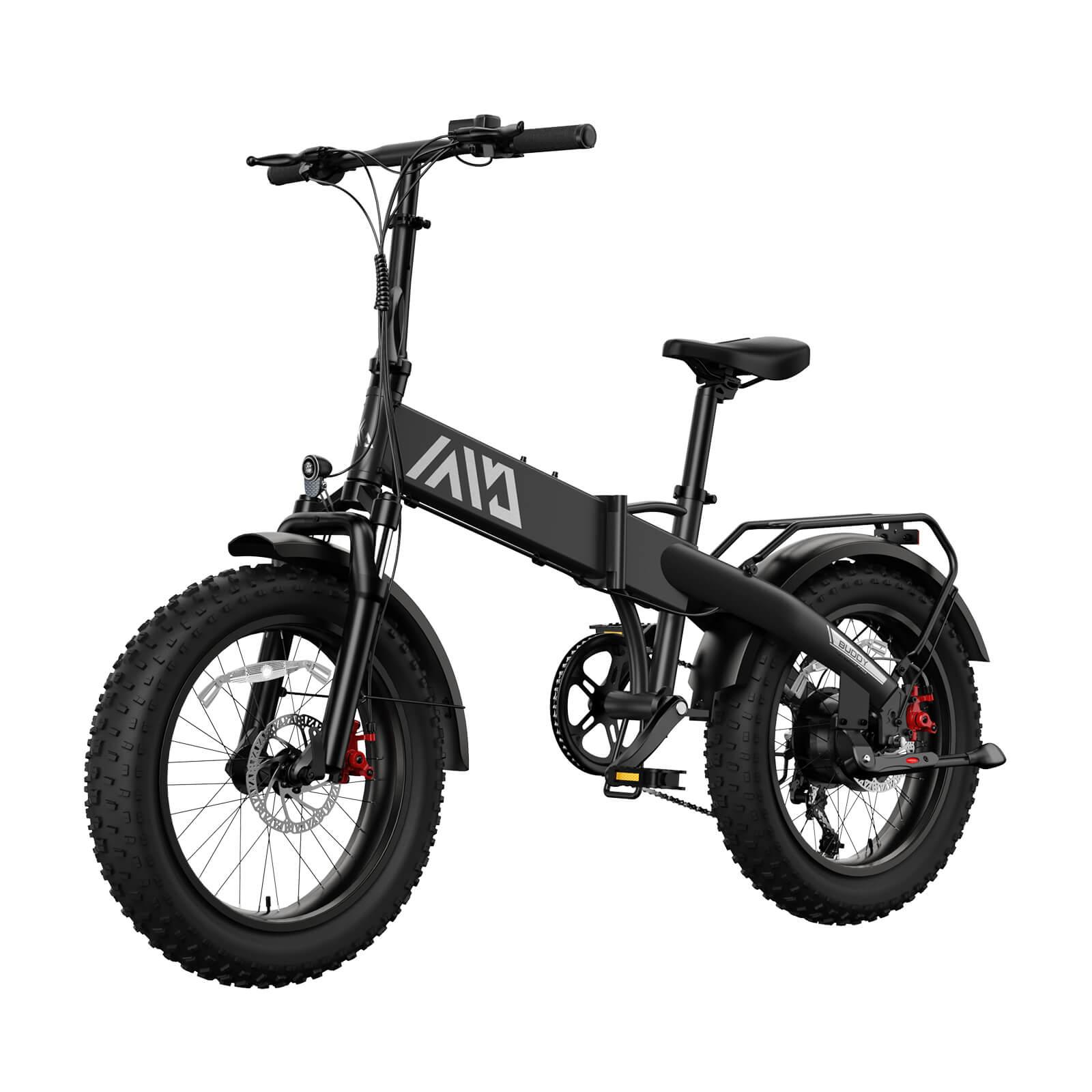
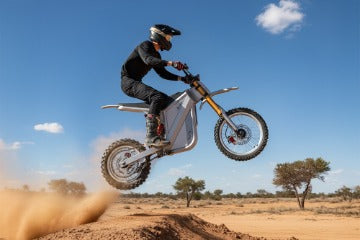
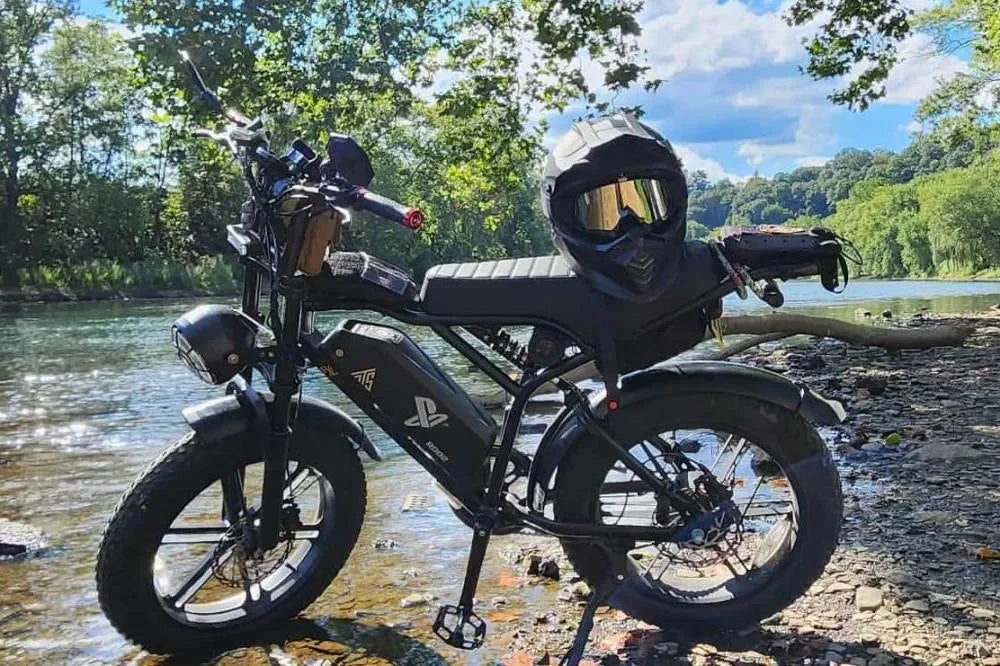
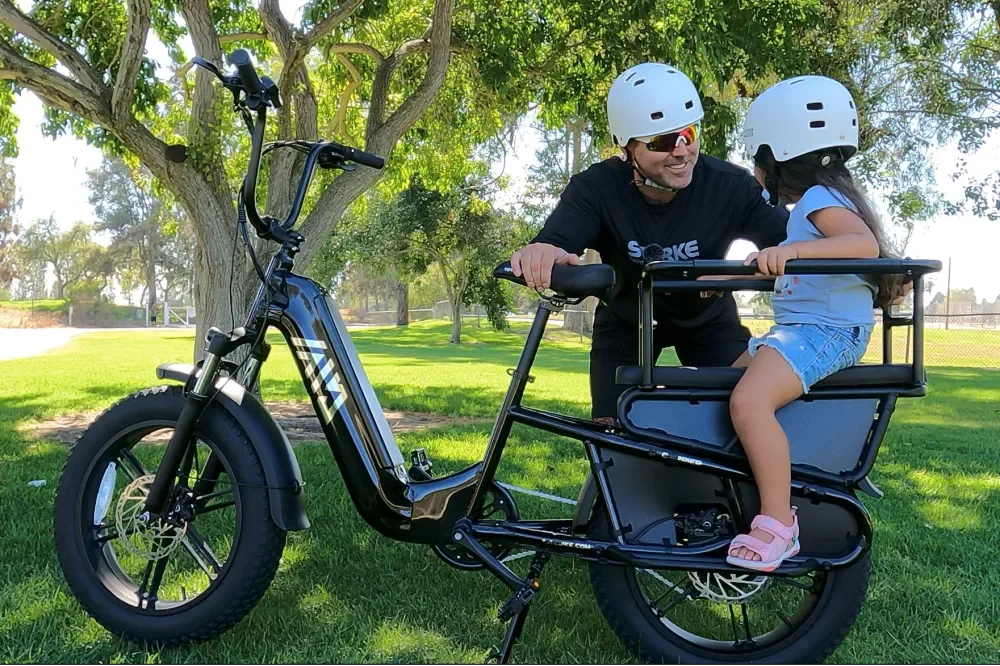

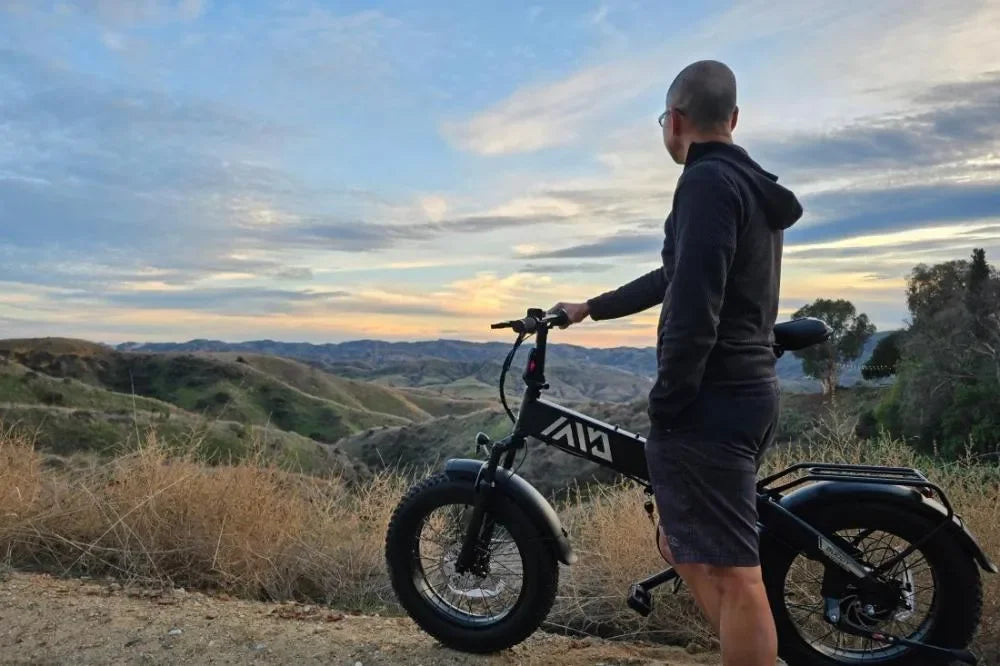
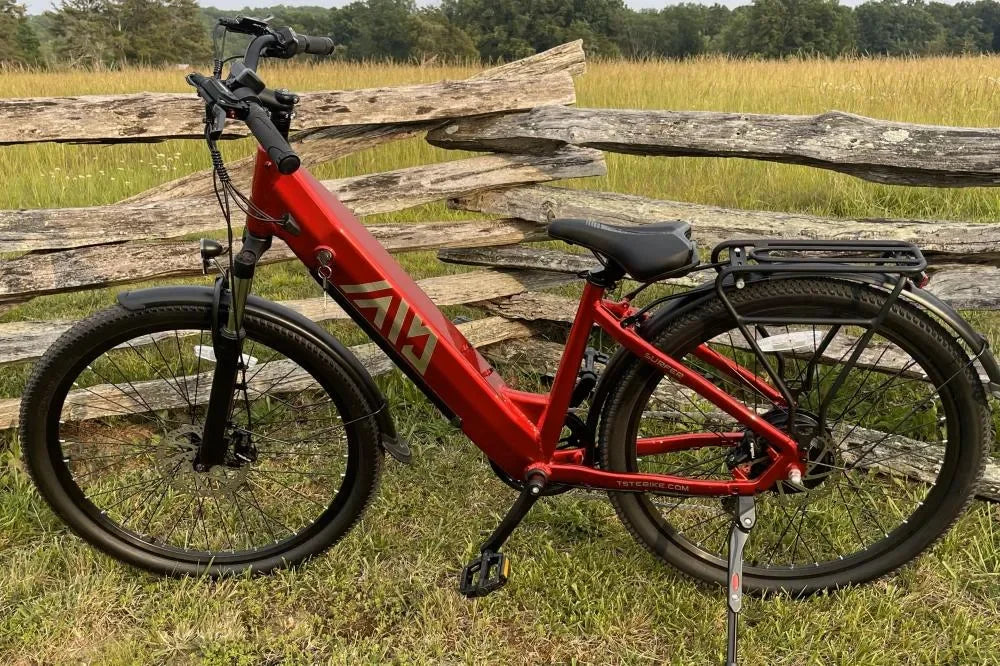
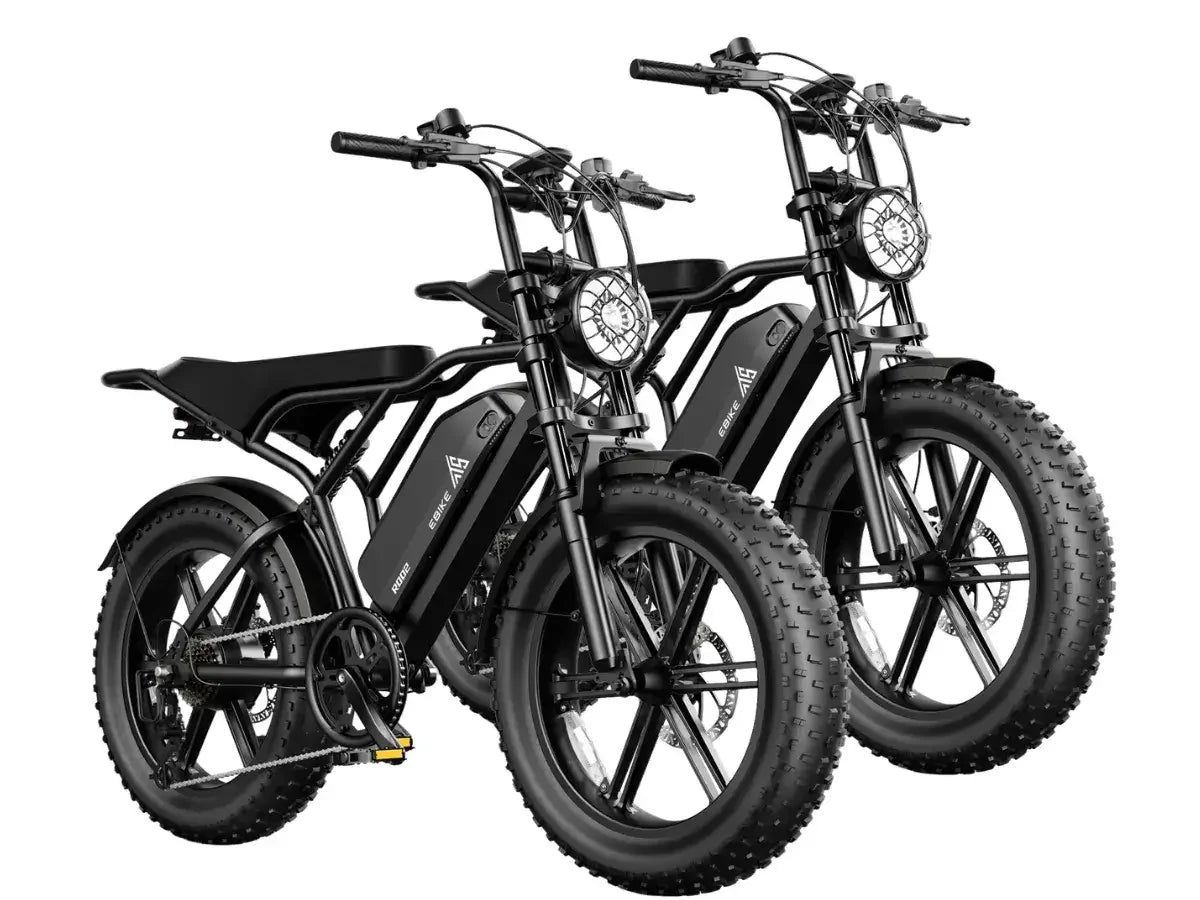
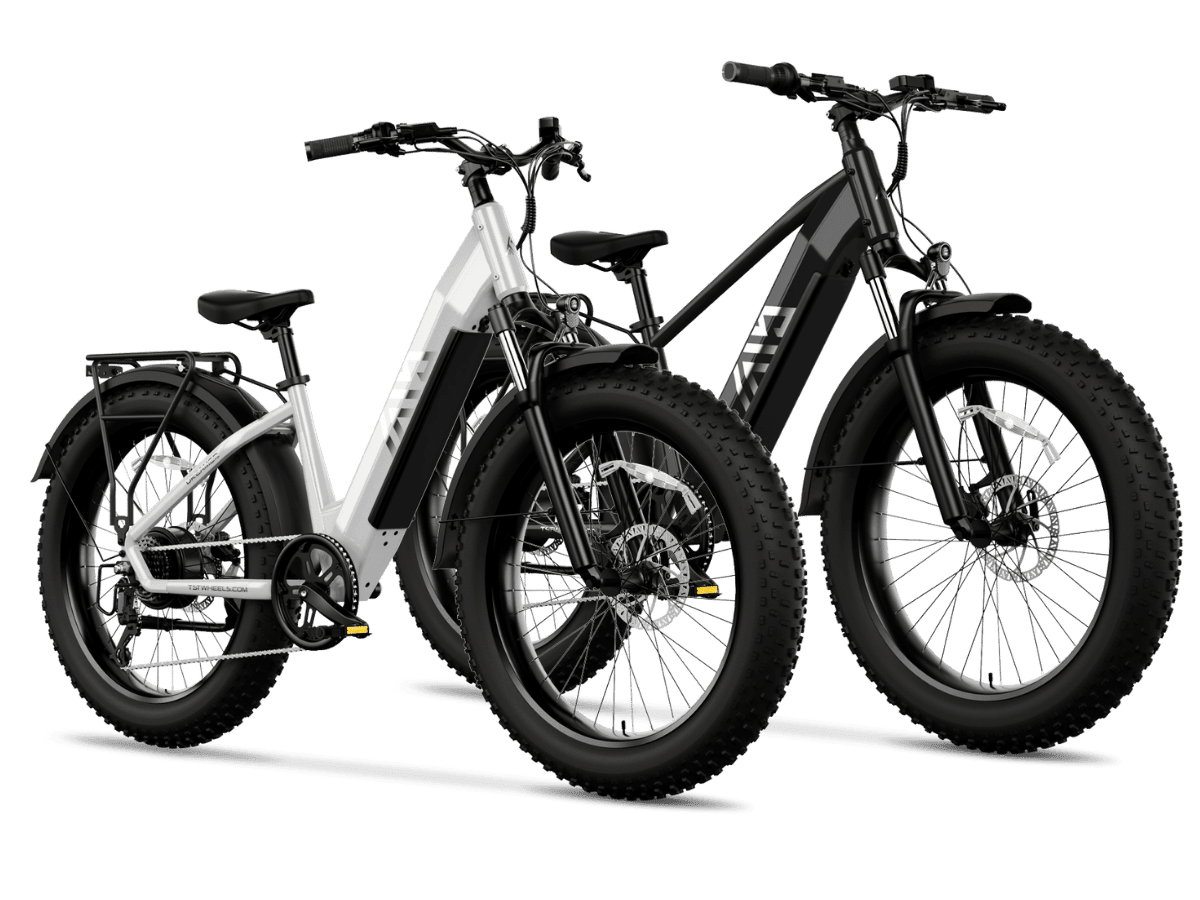
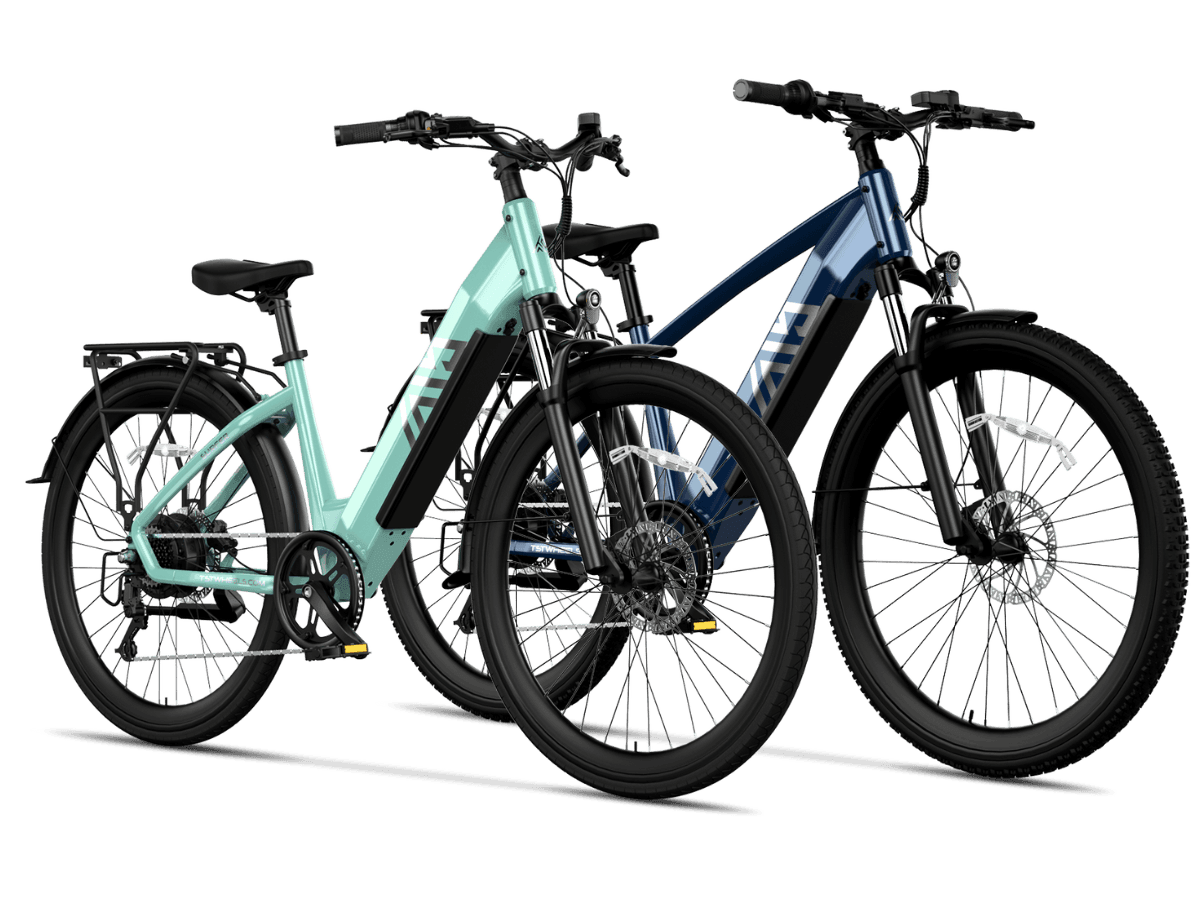
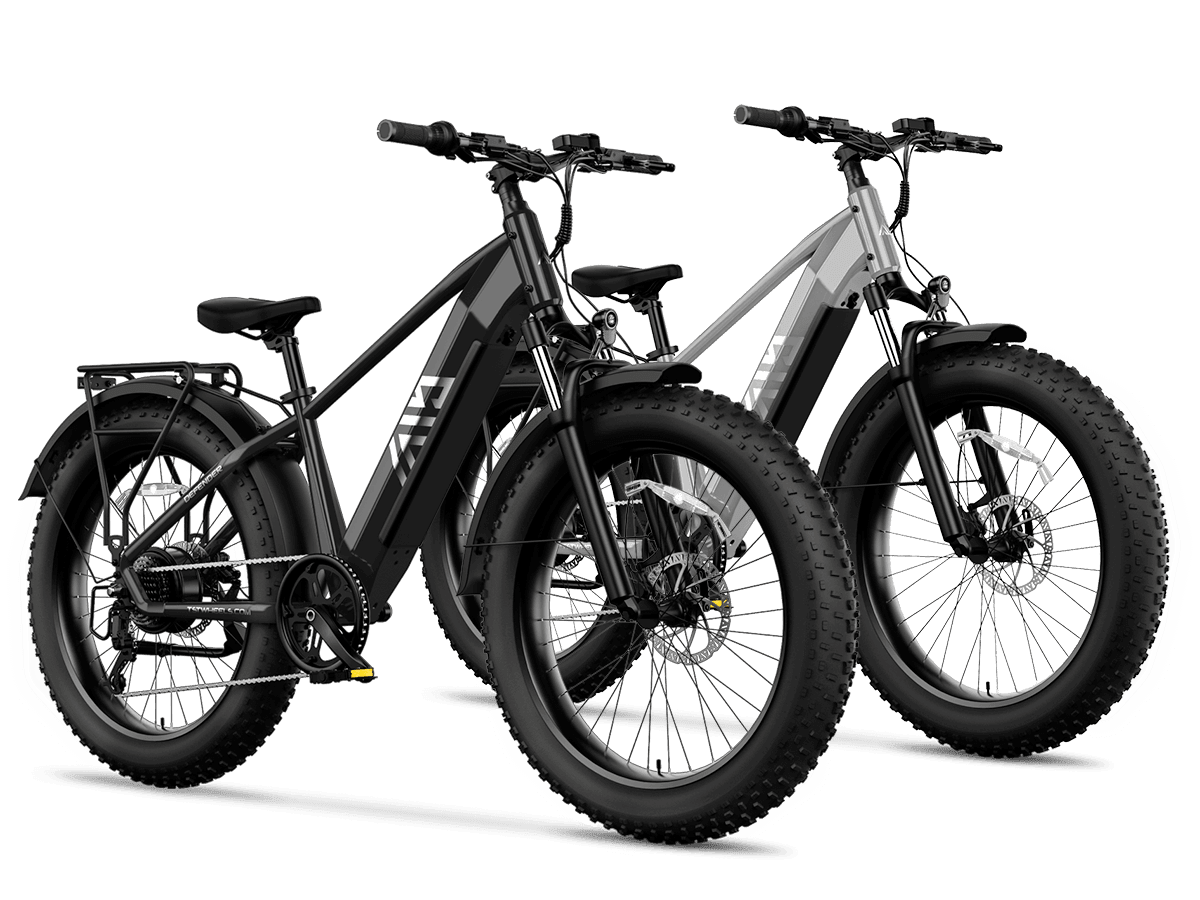
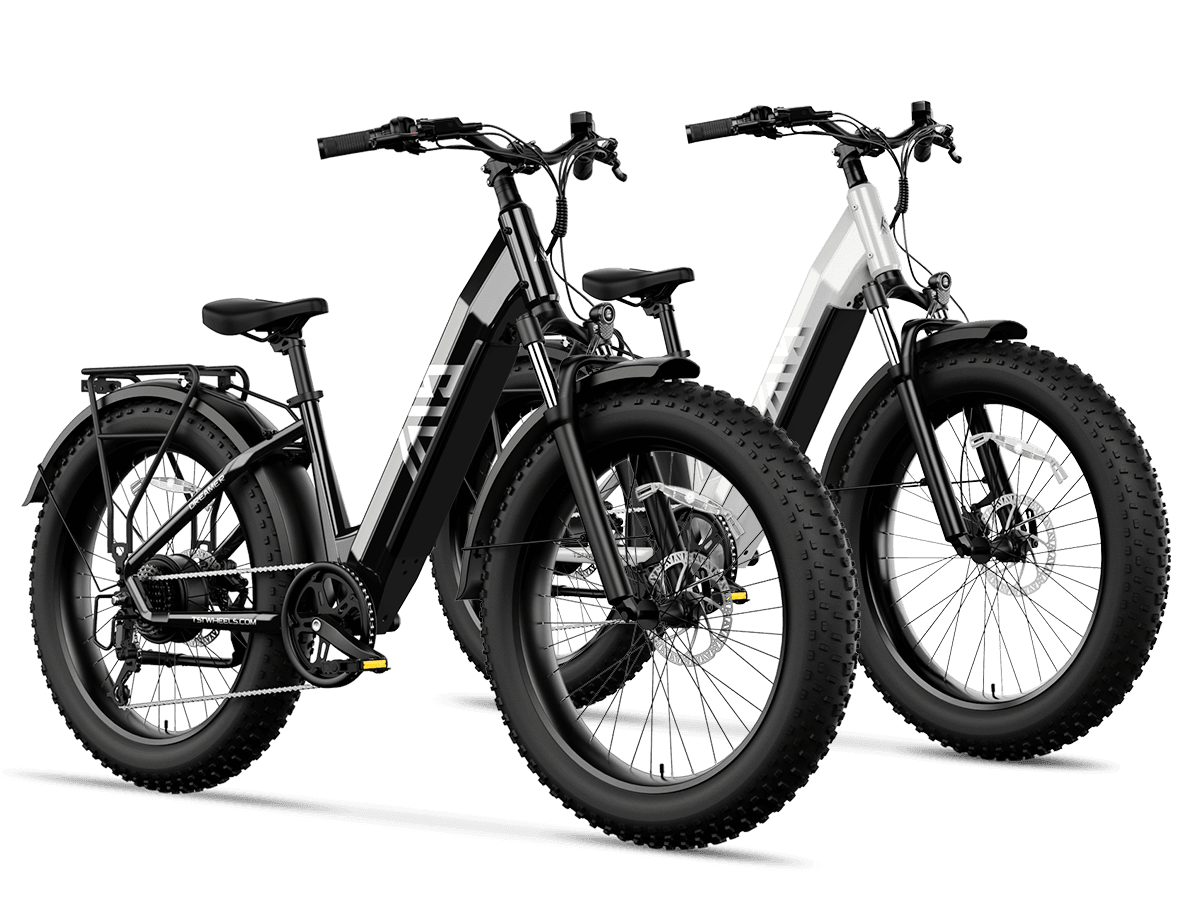
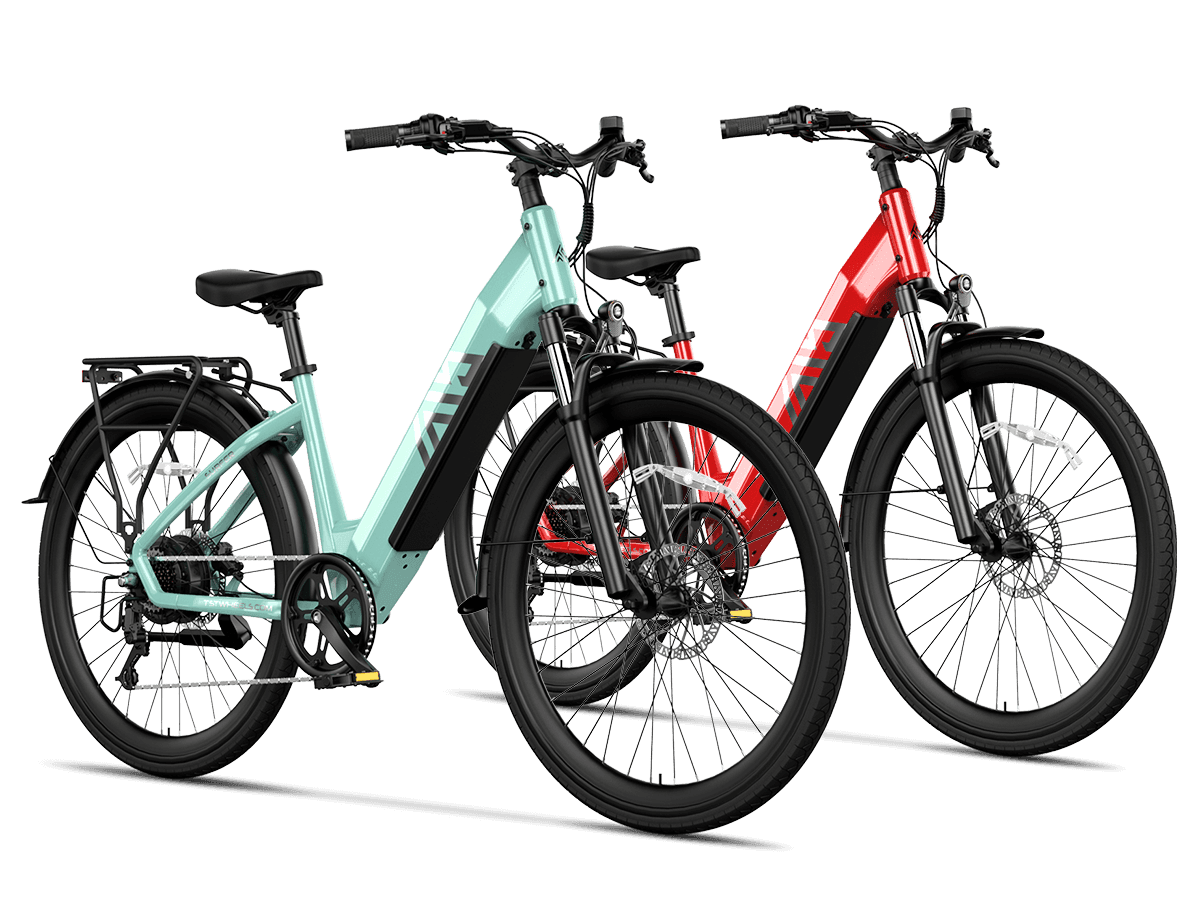
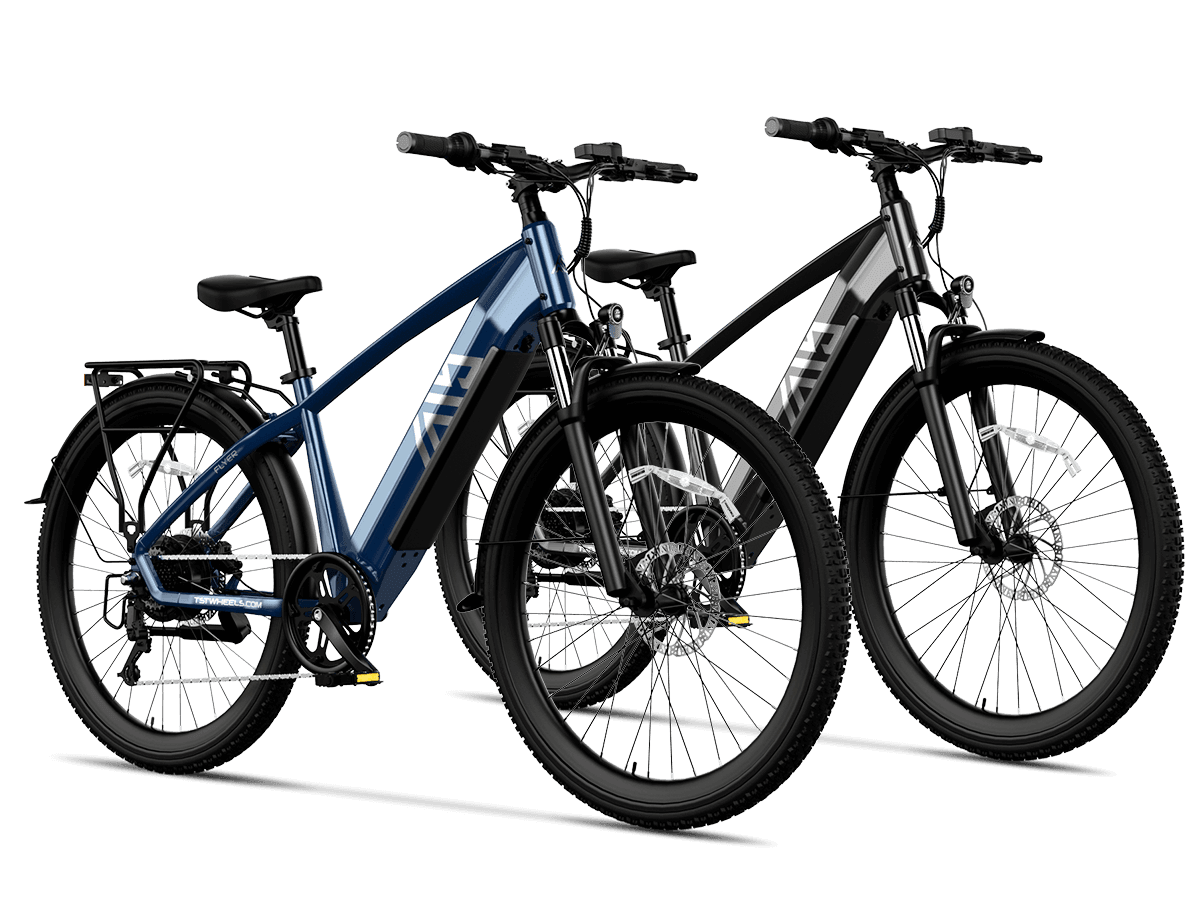
Leave a comment
This site is protected by hCaptcha and the hCaptcha Privacy Policy and Terms of Service apply.